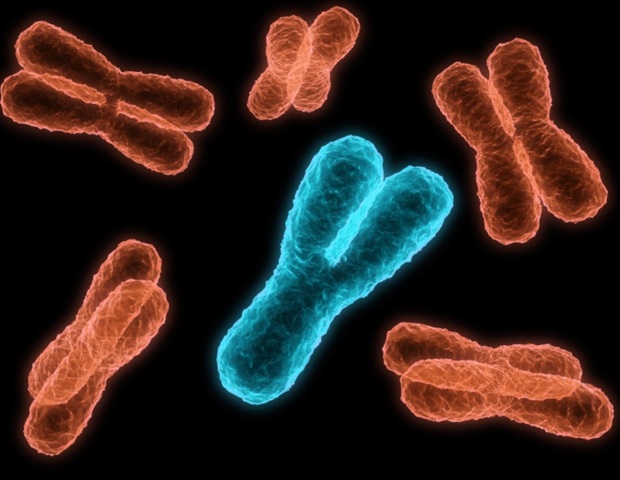It has been known for several years that abnormal chromosome numbers lead to protein imbalances in the affected cells. Researchers at RPTU have now investigated the detailed effects of such imbalances. Surprisingly, they found that imbalanced proteome changes impair mitochondrial function. This, in turn, could be relevant for the drug treatment of cancer. The results are published in the journal
Nature Communications.
Every healthy human cell contains 23 pairs of chromosomes, which must be duplicated and distributed evenly between two daughter cells during a process known as cell division. However, if something goes wrong, one daughter cell receives an extra chromosome, while the other daughter cell is missing a chromosome. This condition of an unbalanced chromosome count is called aneuploidy and is particularly common in cancer cells and in cells from patients with Down syndrome.
Even a single extra chromosome causes many problems for the cell. These include the production of unnecessary proteins from the extra chromosomes, which disrupt the cell’s mechanism for maintaining a healthy protein balance. However, it is not yet clear how all this manifests itself at the molecular level.”
Professor Zuzana Storchová, Department of Molecular Genetics at RPTU
Read the full story here
.







